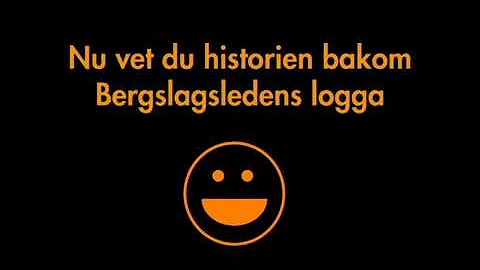What is a cohort study example?
Innehållsförteckning
- What is a cohort study example?
- What are the 3 types of cohort studies?
- What is an Ambispective cohort study is also known as?
- What are the variables in a cohort study?
- What is an example of a case-control study?
- How do you tell if a study is a cohort study?
- What type of research is a cohort study?
- What type of study establishes temporality?
- What are the types of cohort studies?
- What is a case cohort study?
- What is an example of a cohort study?
- What is an expexpansion cohort?
- Does the use of expansion cohorts in Phase I trials predict success?
- What is a cohort study design in psychology?

What is a cohort study example?
They are selected based on the exposure status of the individual. They are then followed over time to evaluate for the occurrence of the outcome of interest. Some examples of cohort studies are (1) Framingham Cohort study, (2) Swiss HIV Cohort study, and (3) The Danish Cohort study of psoriasis and depression.
What are the 3 types of cohort studies?
There are three general types of comparison groups for cohort studies.
- An internal comparison group.
- A comparison cohort.
- The general population.
What is an Ambispective cohort study is also known as?
Historical prospective cohort study. A design that makes use of both retrospective features (to determine baseline exposure) and prospective features (to determine disease incidence in the future) Also known as ambispective cohort study. Practical consideration regarding cohort studies. 1.
What are the variables in a cohort study?
In a cohort study, the groups are matched in terms of many other variables such as economic status and other health status so that the variable being assessed, the independent variable (in this case, smoking) can be isolated as the cause of the dependent variable (in this case, lung cancer).
What is an example of a case-control study?
For example, investigators conducted a case-control study to determine if there is an association between colon cancer and a high fat diet. Cases were all confirmed colon cancer cases in North Carolina in 2010. Controls were a sample of North Carolina residents without colon cancer. The odds ratio was 4.0.
How do you tell if a study is a cohort study?
Share on Pinterest A cohort study is an observational study in which participants are selected and followed forward in time, to see how likely disease is to develop within the group. A cohort study is an observational study in which the study population, or cohort, is selected.
What type of research is a cohort study?
Cohort studies are longitudinal, observational studies, which investigate predictive risk factors and health outcomes. They differ from clinical trials, in that no intervention, treatment, or exposure is administered to the participants.
What type of study establishes temporality?
cohort studies Study Design Because exposure is identified before the outcome, cohort studies have a temporal framework to assess causality and thus have the potential to provide the strongest scientific evidence. Advantages and disadvantages of a cohort study are listed in Table 2.
What are the types of cohort studies?
There are two types of cohort studies: Prospective and Retrospective.
What is a case cohort study?
A case-cohort study is similar to a nested case-control study in that the cases and non-cases are within a parent cohort; cases and non-cases are identified at time , after baseline. In a case-cohort study, the cohort members were assessed for risk factros at any time prior to .
What is an example of a cohort study?
- Examples 1 Nurses Health Study. One famous example of a cohort study is the Nurses’ Health Study, a large, long-running analysis of women’s health, originally set up in 1976 to investigate the ... 2 Framingham Heart Study. ... 3 Big cohorts of babies. ...
What is an expexpansion cohort?
- Expansion cohorts were classified as any patients enrolled after the MTD or the recommended phase II dose had been defined. It was not possible to estimate how each individual phase I trial influenced the design of the corresponding phase II trials; therefore, we combined data for all phase I trials for each drug into single measurements.
Does the use of expansion cohorts in Phase I trials predict success?
- Conclusions: The use of expansion cohorts in phase I trials was associated with success of subsequent phase II trials. However, confounders may play a role in this association. Clin Cancer Res; –6. ©2017 AACR.
What is a cohort study design in psychology?
- Cohort Study. Definition. A study design where one or more samples (called cohorts) are followed prospectively and subsequent status evaluations with respect to a disease or outcome are conducted to determine which initial participants exposure characteristics (risk factors) are associated with it.















